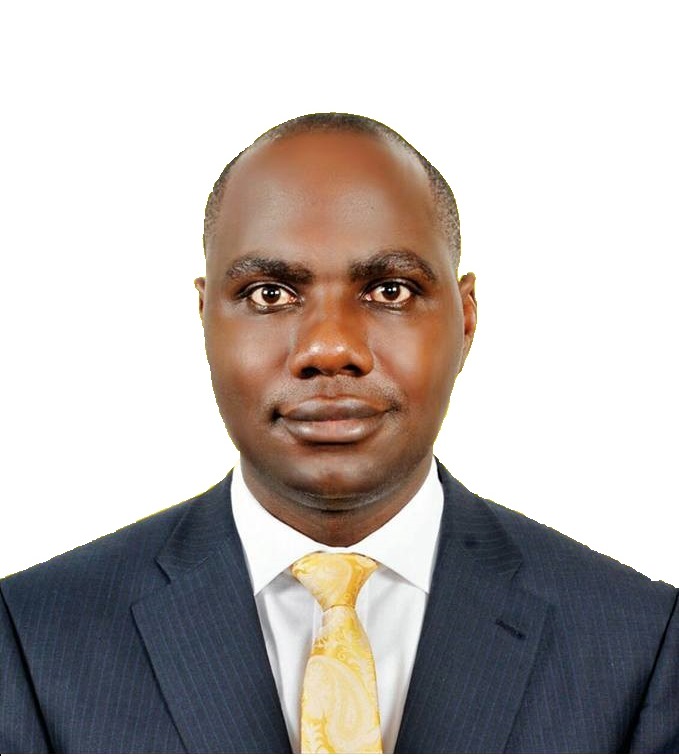Shelter is one of the basic needs of man, and the idea of affordable housing to cater to this need is both practical and viable. According to the United Nations Human Settlements Programme (UN–Habitat), 30 per cent of the world’s urban population resides in slums, with deplorable conditions, where people suffer from several deficiencies, including lack of access to improved water, absence of sewage facilities, living in overcrowded conditions, and in buildings that are structurally unsound. There are conflicting figures about Nigeria’s housing deficit, but experts often quote between 17 and 21 million.
Affordable housing refers to housing that addresses the needs of low-income earners in society. This is the section of the society whose income is below the medium household earnings, and the majority of masses of Nigeria belong to this category.
With over 170 million people, Nigeria, the most populous country in black Africa, has a population of over 70 million low-income people. Currently the minimum wage for the Nigerian worker is N30,000, while the disposable income of majority of the fresh graduates is less than N60,000 per month.
Affordable housing has remained elusive to the average Nigerian, in spite of numerous programmes to tackle affordable housing challenges in the country. Low and middle income earners are the most affected. Due to affordability, they live in densely populated or informal ‘slum’ areas. High income earners, one per cent of the population, occupy a small percentage of the housing stock. Therefore, the majority of newly built homes in city centres are left unoccupied. Thus, the problem of affordable housing remains a critical issue in the socio-economic wellbeing of Nigeria. For example, in Lagos State, the price tags placed on the units of the Lagos HOMS Project cannot be classified as being for low-income earners, like those who earn the minimum wage of N30,000 monthly, especially when considered from the United Nations standpoint, where an adult is not expected to spend more than 30 per cent of his/her income on housing (by international standards a house should not cost more than three times the occupiers’ annual income).
Let us even take for example someone who is earning N150, 000 per month. When he subtracts 30 per cent of his present accommodation need, subtracts expenses on other needs, including school fees and feeding, what would be left that would serve as disposable income that he can put into a housing programme?
So, first and foremost, he cannot even afford a 30 per cent down payment from his salary. Thus It becomes a burden and one begins to wonder how long it would take to own a house in Lagos.
In view of the above, some steps to alleviating the problems of affordable housing delivery include concentrating on ways to provide the enabling environment for mass housing production. Basic building materials should be given tax and duty relief and government could develop incentives to encourage both the public and private sectors to use indigenous building materials. Other strategies may include granting tax holidays to developers and providing free land to them to reduce the cost of producing houses.
Sites and service plots could be provided to private sectors, housing cooperatives, the Real Estate Developers Association of Nigeria (REDAN) and individuals. Plots could be allocated at different rates per square metre for different uses. The low-income earners should have the lowest rate with the size of each plot not more than 150 square metres. The basis of allocation should strictly be one man one plot, members of (REDAN) should be encouraged and motivated with tax incentives, subsidised building materials and discounted rate per square metre.
Plots of land allocated for affordable housing schemes must not be fraudulently used for medium or high income housing projects. There should be sanctions and strict penalties for violation of terms and conditions stipulated on the letter of allocation.
For successful implementation of this scheme, it is imperative to study and assess the actual housing needs of the low income earners. It should be known that before low-income earners can afford to buy or rent houses the price or rent must be low or subsidised by the government.
It is when housing units that artisans can afford are provided that the people can say that there is affordable housing for the common man! If that can be achieved, then low-income earners will be happy that they have some housing units targeted at them.
By Daniel Ighakpe




